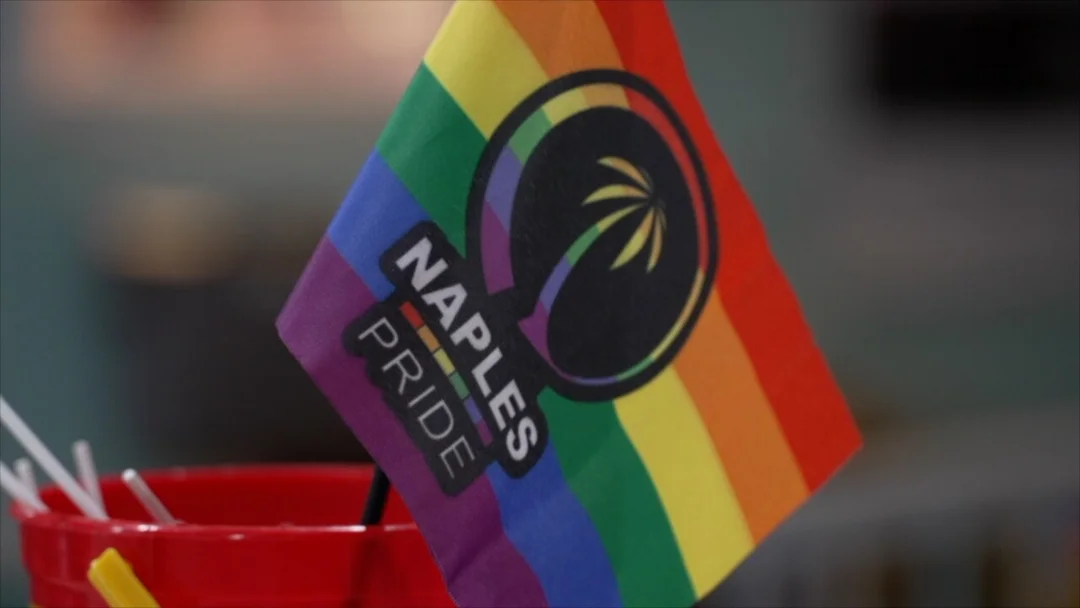
Are Drag Shows the Next Battlefield for Free Speech in Florida?
In a series of landmark rulings, federal courts are challenging Florida's attempts to restrict drag performances, raising crucial questions about the boundaries of free expression and child protection. These decisions highlight ongoing tensions between state laws and constitutional rights, potentially setting precedents that could influence entertainment and cultural events nationwide.
The 11th Circuit Court of Appeals recently upheld a federal judge's injunction against Florida's Protection of Children Act, deeming it 'substantially overbroad' and likely unconstitutional. In a sharply worded opinion, U.S. Circuit Judge Robin Rosenbaum criticized the law for its vague language, stating it 'wields a shotgun when the First Amendment allows a scalpel at most.' This ruling came after Hamburger Mary's Restaurant and Bar in Orlando sued to block the law, which would have fined businesses for allowing minors at performances deemed 'obscene.' Rosenbaum pointed out that terms like 'lewd conduct' are ambiguously defined, leading to self-censorship and cancellations of family-friendly events. As a result, Hamburger Mary's canceled 20% of its bookings and even shuttered its Orlando location temporarily.
Similarly, in Naples, Florida, a federal judge blocked city officials from restricting a drag performance at Naples Pride's Pride Fest. District Judge John Steele ruled that the city's permitting restrictions were 'clearly invalid' under the First Amendment, allowing the event to proceed outdoors and open to all ages. This decision followed complaints about previous years' events, where security fees skyrocketed from $1,125 in 2017 to over $44,000 estimated for 2024. Steele noted that while public safety is important, penalizing organizers for the event's controversial nature violates free speech protections. Attorney Joshua Goldman, representing Naples Pride, emphasized in court that drag performances are not 'adult entertainment' but protected forms of expression.
These cases reveal a pattern of state overreach, with comparisons drawn to existing Florida laws on obscenity that already address explicit content. The rulings underscore the law's vagueness, as even Florida's attorney struggled to differentiate acceptable performances for different age groups during oral arguments. Dissenting in the 11th Circuit case, Judge Gerald Tjoflat argued for state court interpretation, but the majority dismissed this as delaying the inevitable constitutional clash. Supporters like attorney Melissa Stewart of Donati Law hailed the decisions as victories for free speech, stating, 'This law is an egregiously unconstitutional attempt to censor expression.'
Overall, these developments signal a broader debate on balancing child protection with artistic freedom. As drag shows continue to face scrutiny, they highlight evolving cultural norms in Florida and beyond. What do these rulings mean for future events and free expression rights? Readers are encouraged to share their thoughts in the comments below and discuss how these cases might shape entertainment policies.